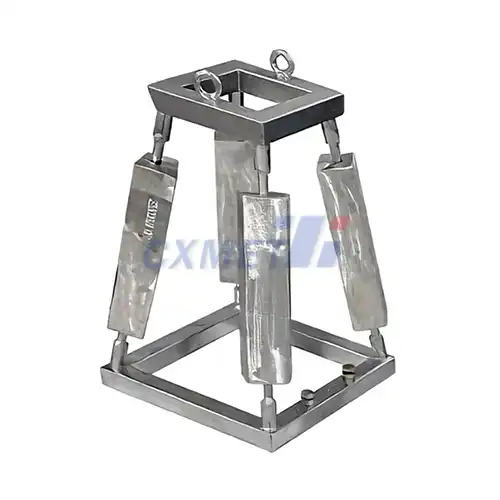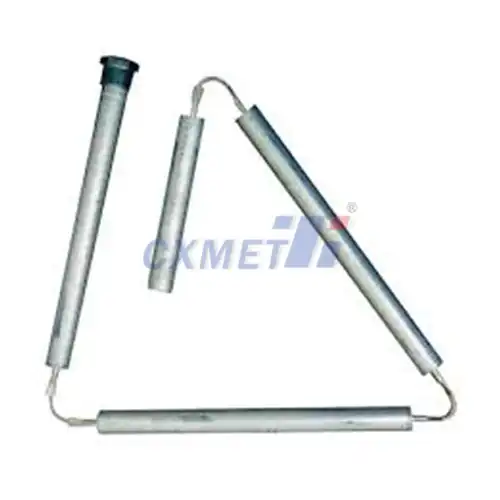- English
- French
- German
- Portuguese
- Spanish
- Russian
- Japanese
- Korean
- Arabic
- Greek
- German
- Turkish
- Italian
- Danish
- Romanian
- Indonesian
- Czech
- Afrikaans
- Swedish
- Polish
- Basque
- Catalan
- Esperanto
- Hindi
- Lao
- Albanian
- Amharic
- Armenian
- Azerbaijani
- Belarusian
- Bengali
- Bosnian
- Bulgarian
- Cebuano
- Chichewa
- Corsican
- Croatian
- Dutch
- Estonian
- Filipino
- Finnish
- Frisian
- Galician
- Georgian
- Gujarati
- Haitian
- Hausa
- Hawaiian
- Hebrew
- Hmong
- Hungarian
- Icelandic
- Igbo
- Javanese
- Kannada
- Kazakh
- Khmer
- Kurdish
- Kyrgyz
- Latin
- Latvian
- Lithuanian
- Luxembou..
- Macedonian
- Malagasy
- Malay
- Malayalam
- Maltese
- Maori
- Marathi
- Mongolian
- Burmese
- Nepali
- Norwegian
- Pashto
- Persian
- Punjabi
- Serbian
- Sesotho
- Sinhala
- Slovak
- Slovenian
- Somali
- Samoan
- Scots Gaelic
- Shona
- Sindhi
- Sundanese
- Swahili
- Tajik
- Tamil
- Telugu
- Thai
- Ukrainian
- Urdu
- Uzbek
- Vietnamese
- Welsh
- Xhosa
- Yiddish
- Yoruba
- Zulu
How Strong is Titanium Flange Tube Sheet?
Titanium flange tube sheets are crucial components in various industrial applications, particularly in heat exchangers and pressure vessels. Their strength is a key factor in ensuring the reliability and efficiency of these systems. Titanium, known for its exceptional strength-to-weight ratio and corrosion resistance, makes these components particularly robust. However, the exact strength of a titanium flange tube sheet depends on various factors, including its design, manufacturing process, and specific application requirements.
What are the mechanical properties of titanium flange tube sheets?
Titanium flange tube sheets exhibit remarkable mechanical properties that contribute to their overall strength and durability. These properties make them ideal for use in demanding environments and applications where high performance is crucial.
Tensile Strength: Titanium alloys used in flange tube sheets typically have a tensile strength ranging from 345 MPa to over 1000 MPa, depending on the specific grade and heat treatment. For example, Grade 2 titanium, commonly used in tube sheets, has a minimum tensile strength of 345 MPa, while Grade 5 (Ti-6Al-4V) can reach up to 1000 MPa or higher.
Yield Strength: The yield strength of titanium flange tube sheets is also impressive, generally ranging from 275 MPa to 830 MPa or more. This high yield strength ensures that the material can withstand significant stress without permanent deformation, contributing to the overall integrity of the component.
Elongation: Titanium alloys used in flange tube sheets typically have elongation values ranging from 10% to 25%. This property indicates the material's ductility and ability to deform plastically before fracture, which is essential for withstanding cyclic loads and preventing sudden failures.
Modulus of Elasticity: The modulus of elasticity for titanium alloys is approximately 110 GPa, which is lower than that of steel (210 GPa) but higher than aluminum (70 GPa). This property contributes to the material's ability to flex slightly under load without permanent deformation, enhancing its fatigue resistance.
Fatigue Strength: Titanium alloys exhibit excellent fatigue strength, which is crucial for components subjected to cyclic loading. The fatigue limit for many titanium alloys is typically around 50-60% of their ultimate tensile strength, making them highly resistant to failure under repeated stress.
Corrosion Resistance: While not a mechanical property per se, the exceptional corrosion resistance of titanium significantly contributes to the long-term strength and durability of flange tube sheets. This resistance helps maintain the mechanical integrity of the component even in harsh environments, preventing degradation that could compromise its strength over time.
These mechanical properties collectively contribute to the overall strength of titanium flange tube sheets, making them suitable for use in high-pressure, high-temperature, and corrosive environments. The specific combination of these properties can be tailored through alloy selection and heat treatment to meet the requirements of particular applications, ensuring optimal performance and longevity.
How does titanium compare to other materials for flange tube sheets?
When comparing titanium to other materials commonly used for flange tube sheets, several factors come into play, including strength, corrosion resistance, weight, and cost. Understanding these comparisons is crucial for engineers and designers when selecting the most appropriate material for specific applications.
- Strength Comparison:
- Titanium vs. Stainless Steel: Titanium alloys generally have a higher strength-to-weight ratio compared to stainless steel. While some high-strength stainless steels can match or exceed the tensile strength of certain titanium alloys, titanium maintains its strength advantage when considering its significantly lower density. This makes titanium flange tube sheets particularly advantageous in applications where weight is a critical factor.
- Titanium vs. Copper Alloys: Titanium significantly outperforms copper alloys in terms of strength. For instance, while copper alloys like admiralty brass might have a tensile strength around 300-400 MPa, titanium alloys can easily exceed 800 MPa. This strength advantage allows for thinner tube sheets in many applications, potentially reducing material costs and overall equipment weight.
- Titanium vs. Nickel Alloys: High-performance nickel alloys like Inconel can match or exceed the strength of some titanium alloys. However, titanium maintains an advantage in specific strength due to its lower density. The choice between titanium and nickel alloys often comes down to specific application requirements, such as temperature resistance and cost considerations.
- Corrosion Resistance:
- Titanium's corrosion resistance is one of its most significant advantages over other materials. It forms a stable, protective oxide layer that provides exceptional resistance to a wide range of corrosive environments.
- Compared to Stainless Steel: While stainless steel offers good corrosion resistance, titanium surpasses it in many aggressive environments, particularly in the presence of chlorides or oxidizing acids. This makes titanium flange tube sheets superior for applications in seawater, chemical processing, and other corrosive media where stainless steel might fail.
- Compared to Copper Alloys: Titanium offers superior corrosion resistance in most environments compared to copper alloys. While copper alloys have good resistance to certain types of corrosion and biofouling, titanium's passive oxide layer provides more comprehensive protection across a broader range of conditions.
- Compared to Nickel Alloys: Both titanium and high-performance nickel alloys offer excellent corrosion resistance. The choice between them often depends on the specific corrosive environment and temperature requirements of the application.
- Weight Considerations:
Titanium's low density (about 4.5 g/cm³) gives it a significant advantage in weight-sensitive applications. Compared to stainless steel (around 8 g/cm³), copper alloys (8.9 g/cm³), and nickel alloys (8.4-8.9 g/cm³), titanium flange tube sheets can be significantly lighter while maintaining or exceeding the required strength. This weight reduction can lead to substantial benefits in terms of overall equipment design, transportation costs, and ease of installation.
- Cost Analysis:
The initial material cost of titanium is generally higher than that of stainless steel or copper alloys. However, when considering the total lifecycle cost, titanium can often be more economical due to its longevity, reduced maintenance requirements, and potential for thinner designs due to its high strength-to-weight ratio.
Compared to high-performance nickel alloys, titanium's cost can be competitive or even advantageous, depending on current market prices and specific grade requirements.
- Performance in Extreme Conditions:
Titanium maintains its mechanical properties over a wide temperature range, outperforming many materials in cryogenic applications and offering good strength retention at moderately elevated temperatures.
In conclusion, while titanium flange tube sheets may have a higher initial cost compared to some alternatives, their combination of high strength, excellent corrosion resistance, and low weight often makes them the superior choice for demanding applications. The long-term benefits in terms of durability, reduced maintenance, and potential for lighter designs can offset the initial investment, making titanium a cost-effective solution for many industries.
What factors affect the strength of titanium flange tube sheets?
The strength of titanium flange tube sheets is influenced by various factors, ranging from material composition to manufacturing processes and design considerations. Understanding these factors is crucial for optimizing the performance and longevity of these critical components.
- Alloy Composition:
The specific titanium alloy used significantly impacts the strength of flange tube sheets. Pure titanium (Grade 1 and 2) offers good corrosion resistance but lower strength compared to alloyed versions.
Alpha alloys (e.g., Grade 5, Ti-6Al-4V) provide an excellent balance of strength, toughness, and weldability, making them popular choices for flange tube sheets.
Beta alloys offer the highest strength but may have limitations in terms of weldability and cost.
The choice of alloy depends on the specific application requirements, balancing factors like strength, corrosion resistance, and fabricability.
- Heat Treatment:
Heat treatment processes can significantly alter the mechanical properties of titanium alloys:
Solution treatment followed by aging can increase the strength of alpha-beta alloys like Ti-6Al-4V.
Annealing can improve ductility and reduce residual stresses, which is beneficial for fatigue resistance.
Stress relief treatments can be crucial for maintaining dimensional stability in complex flange tube sheet designs.
- Manufacturing Process:
The method used to produce titanium flange tube sheets affects their microstructure and, consequently, their strength:
Forging can enhance strength and toughness by refining the grain structure.
Rolled plates may offer more consistent properties across large surfaces.
Proper control of forming temperatures is crucial to avoid embrittlement or undesired phase transformations.
- Surface Condition:
The surface condition of titanium flange tube sheets plays a vital role in their performance:
Surface treatments like shot peening can induce compressive stresses in the surface layer, improving fatigue resistance.
Proper surface finish is essential for maintaining corrosion resistance and preventing stress concentration points.
Cleanliness during manufacturing and installation is crucial to prevent contamination that could lead to localized corrosion or embrittlement.
- Design Factors:
The design of the flange tube sheet significantly influences its overall strength:
Thickness: Proper thickness calculation based on pressure, temperature, and corrosion allowance is crucial for ensuring adequate strength without overdesign.
Tube-to-tubesheet joint design: The method of joining tubes to the tubesheet (e.g., welding, expanding) affects the overall strength of the assembly.
Flange design: The configuration of the flange, including bolt patterns and thickness, must be optimized to distribute loads evenly and prevent localized stress concentrations.
- Operating Environment:
The conditions under which the titanium flange tube sheet operates can affect its long-term strength:
Temperature: While titanium maintains good strength at moderate temperatures, extreme heat can lead to oxidation and potential strength reduction.
Pressure cycling: Repeated pressure changes can lead to fatigue, necessitating proper design for cyclic loading.
Corrosive media: Although titanium has excellent corrosion resistance, certain environments (e.g., hot reducing acids) can potentially degrade its properties over time.
- Quality Control and Inspection:
Rigorous quality control measures are essential for ensuring the strength and reliability of titanium flange tube sheets:
Non-destructive testing (NDT) methods like ultrasonic testing and radiography can detect internal flaws that might compromise strength.
Mechanical testing of sample pieces ensures that the material meets specified strength requirements.
Proper documentation and traceability of materials and processes are crucial for maintaining quality standards.
- Welding and Joining:
If welding is involved in the fabrication of the flange tube sheet or its attachment to other components:
Proper welding procedures, including shielding gas protection, are critical to prevent embrittlement or contamination.
Post-weld heat treatment may be necessary to relieve residual stresses and restore optimal mechanical properties.
In conclusion, the strength of titanium flange tube sheets is a result of the interplay between material selection, manufacturing processes, design considerations, and quality control measures. By carefully addressing each of these factors, engineers can optimize the performance of titanium flange tube sheets, ensuring they meet the demanding requirements of various industrial applications. The ability to tailor these factors allows for the creation of components that offer an ideal balance of strength, corrosion resistance, and longevity, making titanium an excellent choice for critical applications in challenging environments.
At SHAANXI CXMET TECHNOLOGY CO., LTD, we take pride in our extensive product range, which caters to diverse customer needs. Our company is equipped with outstanding production and processing capabilities, ensuring the high quality and precision of our products. We are committed to innovation and continuously strive to develop new products, keeping us at the forefront of our industry. With leading technological development capabilities, we are able to adapt and evolve in a rapidly changing market. Furthermore, we offer customized solutions to meet the specific requirements of our clients. If you are interested in our products or wish to learn more about the intricate details of our offerings, please do not hesitate to contact us at sales@cxmet.com. Our team is always ready to assist you.
References:
1. ASTM International. (2021). ASTM B265-21: Standard Specification for Titanium and Titanium Alloy Strip, Sheet, and Plate.
2. Leyens, C., & Peters, M. (Eds.). (2003). Titanium and titanium alloys: fundamentals and applications. John Wiley & Sons.
3. Boyer, R., Welsch, G., & Collings, E. W. (Eds.). (1994). Materials properties handbook: titanium alloys. ASM international.
4. Donachie, M. J. (2000). Titanium: a technical guide. ASM international.
5. Lutjering, G., & Williams, J. C. (2007). Titanium (engineering materials and processes). Springer.
6. Peters, M., Kumpfert, J., Ward, C. H., & Leyens, C. (2003). Titanium alloys for aerospace applications. Advanced engineering materials, 5(6), 419-427.
7. Fujii, H., Takahashi, K., & Yamashita, Y. (2003). Application of titanium and its alloys for automobile parts. Nippon Steel Technical Report, 88, 70-75.
8. Rack, H. J., & Qazi, J. I. (2006). Titanium alloys for biomedical applications. Materials Science and Engineering: C, 26(8), 1269-1277.
9. Titanium Industries. (n.d.). Titanium Grades.
10. American Society of Mechanical Engineers. (2019). ASME Boiler and Pressure Vessel Code, Section VIII: Rules for Construction of Pressure Vessels.
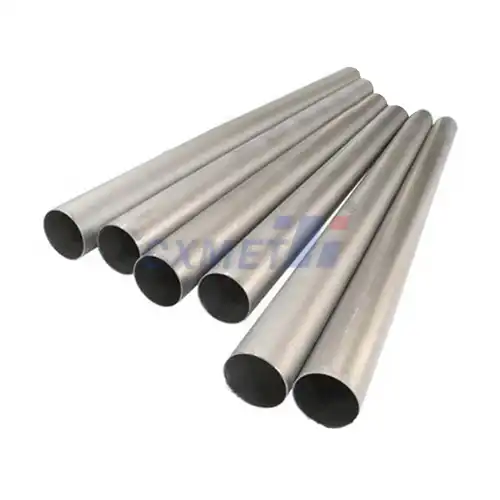
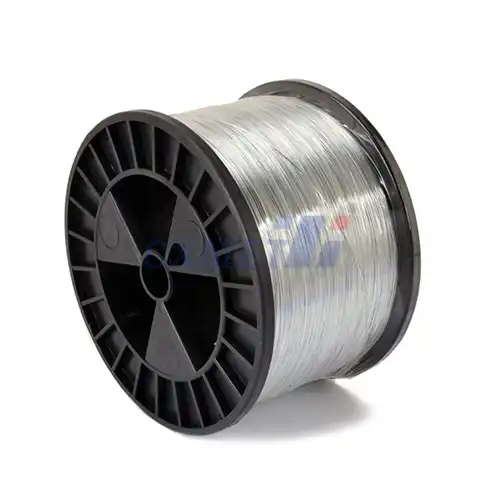
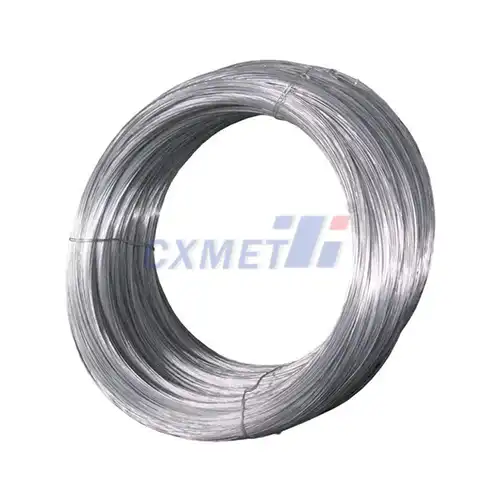
1.webp)
